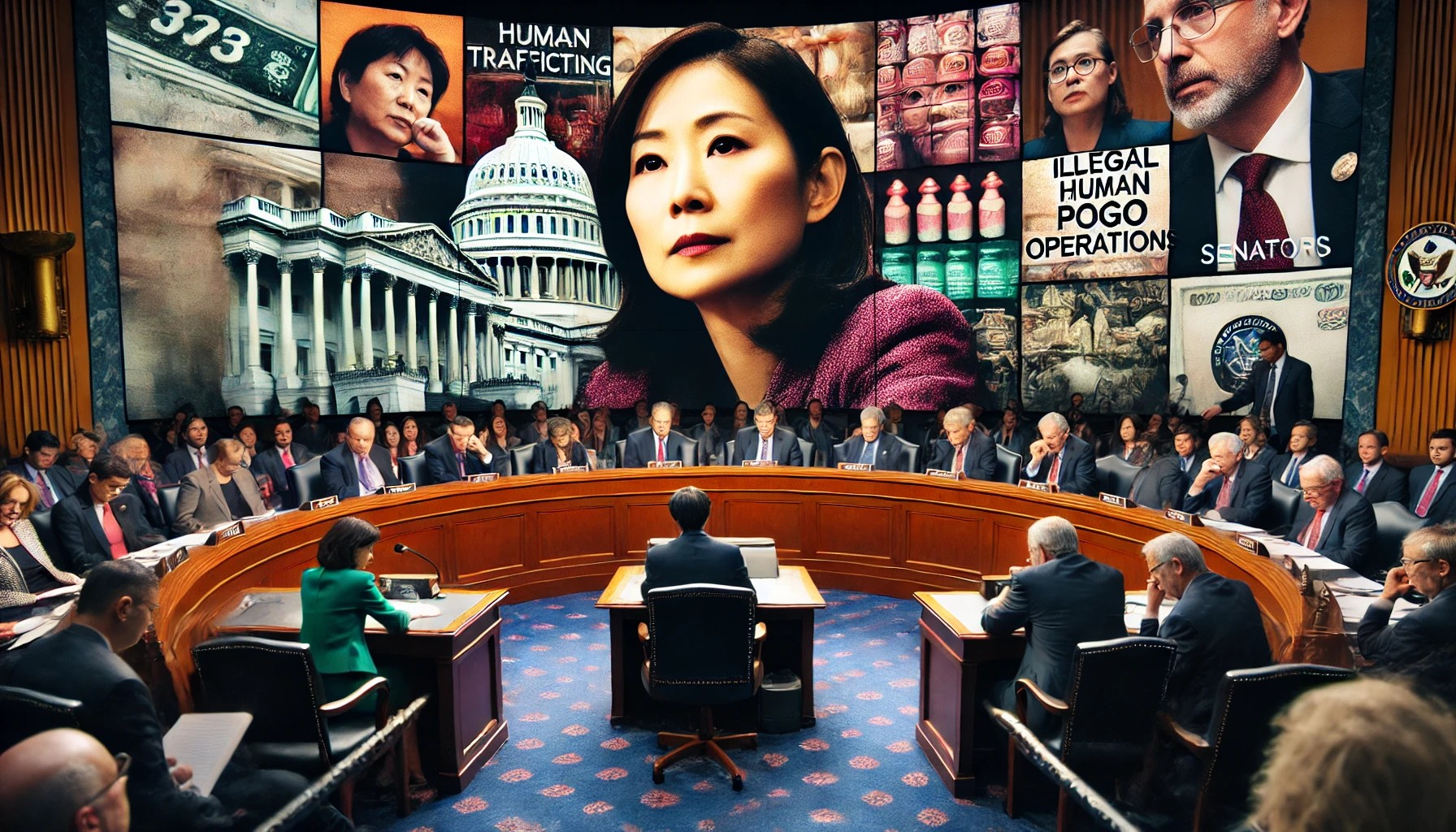Senate Probes Alice Guo: POGO Industry Under Scrutiny
The Senate’s probe into Alice Guo’s alleged involvement in illegal POGO (Philippine Offshore Gaming Operators) operations has unearthed grave concerns surrounding governance, law enforcement, and the socio-economic implications of the POGO sector in the Philippines. Guo, who has repeatedly failed to attend Senate hearings, is accused of facilitating unlawful POGO activities through dubious business practices and exploiting legal loopholes. The Senate’s issuance of contempt citations and potential arrest orders against her highlights the gravity of these charges and its determination to uphold the rule of law.
Senator Risa Hontiveros, chair of the investigating committee, has been a vocal advocate for stricter regulations and enforcement to prevent the misuse of the country’s legal system. The investigation aims not only at holding Guo and her associates accountable but also at addressing the systemic flaws that allow such activities to thrive. There is a pressing need for clearer legislation and stringent regulations governing the POGO industry, which has been tainted by associations with illegal activities such as human trafficking and financial crimes.
The allegations against Guo have drawn public attention to the POGO industry’s darker side, which includes reports of exploitation and abuse. The lack of adequate oversight has allowed some operators to engage in practices that not only harm individuals but also undermine the nation’s legal and economic frameworks. The Senate’s investigation is seen as a critical step toward rectifying these issues and protecting the public from further harm.
Guo’s legal team has cited health issues as the reason for her non-appearance at the hearings, a claim that the Senate committee views with skepticism. This situation underscores the broader challenges of enforcing legal accountability, particularly when it involves high-profile individuals or entities. The Senate’s potential use of enforcement actions, including arrest, illustrates its commitment to ensuring that justice is served, regardless of the social or economic status of those involved.
The implications of this investigation are far-reaching. A possible outcome could include the introduction of tighter regulations and increased oversight of the POGO industry, which would mark a significant shift in how these operations are conducted in the Philippines. Such measures are crucial for safeguarding the nation’s legal and regulatory frameworks, protecting citizens, and upholding the rights and welfare of individuals impacted by the industry.
In conclusion, the Senate’s investigation into Alice Guo and the POGO industry serves as a stark reminder of the importance of maintaining robust legal and regulatory systems. It highlights the need for vigilance and accountability in protecting the public from the adverse effects of unchecked industrial practices. As the investigation progresses, it may lead to significant reforms that will shape the future of the POGO industry and its role in the Philippine economy.

